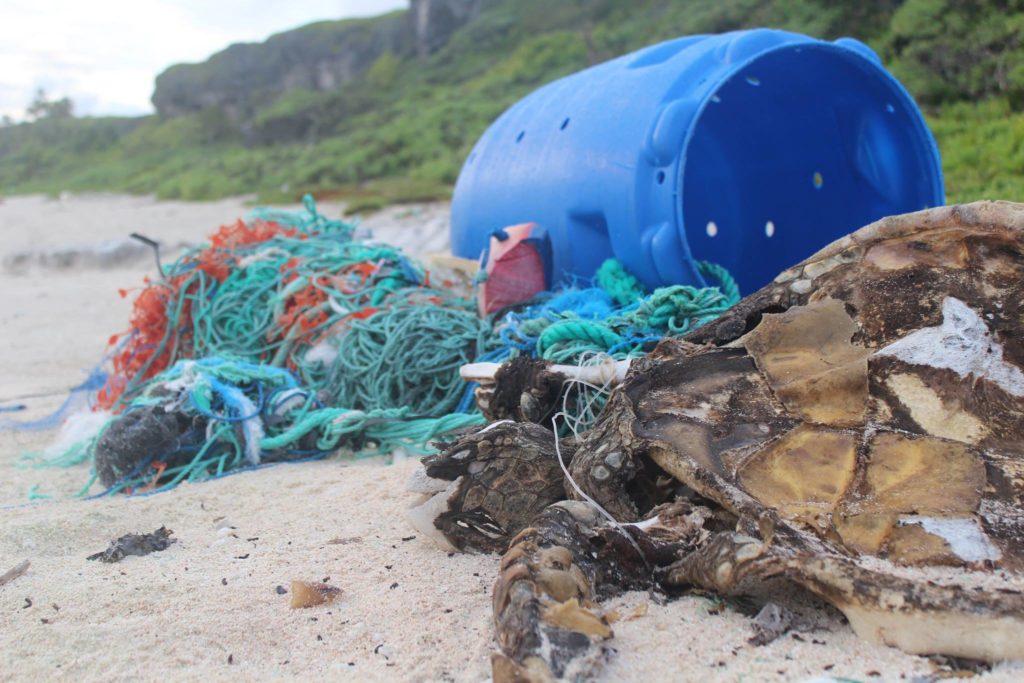
PARIS, June 3 – The second session of the Intergovernmental Negotiating Committee to develop an international legally binding instrument on plastic pollution, including in the marine environment (INC-2), concluded today in the French capital with a mandate for the INC Chair, with the support of the Secretariat, to prepare a zero draft of the agreement ahead of the next session, due to take place in Nairobi, Kenya, in November.
More than 1,700 participants in Paris – over 700 Member State delegates from 169 Member States and over 900 observers from NGOs – attended the session, hosted by France at the headquarters of the UN Educational, Scientific and Cultural Organisation (UNESCO) in Paris, a press release from United Nations Environment Programme (UNEP) said today.
The second session follows INC-1, which was held in Punta del Este, Uruguay, in November 2022.
“I am encouraged by progress at INC-2 and the mandate to prepare a zero draft of the international legally binding instrument on plastic pollution,” said Inger Andersen, Executive Director of the UN Environment Programme (UNEP). “I look forward to INC-3 in Nairobi, and urge Member States to maintain this momentum. The world is calling for an agreement that is broad, innovative, inclusive and transparent, one that leans on science and learns from stakeholders, and one that ensures support for developing nations.”
“Plastic has been the default option in design for too long. It is time to redesign products to use less plastic, particularly unnecessary and problematic plastics, to redesign product packaging and shipping to use less plastic, to redesign systems and products for reuse and recyclability and to redesign the broader system for justice,” she added. “The INC has the power to deliver this transformation, bringing major opportunities for everyone.”
On the first day of the session, Member States elected Georgia, Estonia, Sweden and the US to the Bureau. Following discussions on voting rights, they also agreed on an interpretive paragraph for the Draft Rules of Procedure that apply on a provisional basis to the work of the INC.
Officially closing the session, Chair of the INC, H.E. Mr. Gustavo Adolfo Meza-Cuadra Velasquez, thanked the Government of France and UNESCO for hosting the session, as well as the Member States, observers, co-facilitators and support staff of the discussions.
“Moving forward, I would like to thank you for your trust for the development of the zero draft, with the support of the Secretariat,” he said. “I will do the utmost to ensure that this document reflects faithfully our discussions, as well as the contributions and views of Member States. I take this crucial step to meet our tight deadline with great responsibility.”
Quoting French writer Victor Hugo, the INC Chair added, “It is sad to think that nature speaks, and human beings do not listen. When we listen to nature and we act, we can make progress.”
In its decision, the INC requested the Secretariat to invite submissions from observers by 15 August and Members by 15 September on elements not discussed at INC-2, such as the principles and scope of the instrument, and any potential areas for intersessional work compiled by the cofacilitators of the two contact groups, to inform the work of INC-3.
“My appeal to you at the beginning of this session was that you make Paris count. You have done so, by providing us with a mandate for a zero draft and intersessional work,” said Jyoti Mathur-Filipp, Executive Secretary of the INC Secretariat. “The momentum you have built up here in Paris will guide our work in the intersessional period and at our future sessions. I look forward to continuing our important work together and to welcoming you all to Nairobi for our third session in November.”
–WE